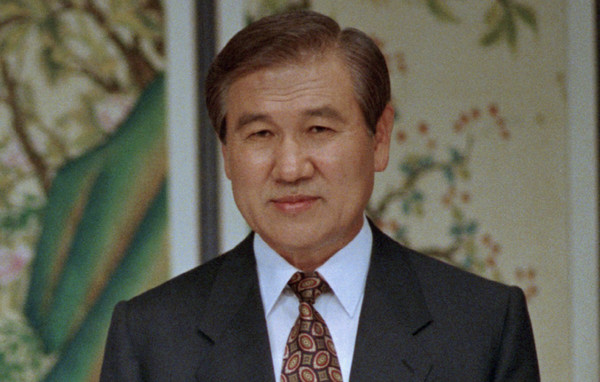Government to hold a five-day state funeral for the deceased President
Former President Roh Tae-woo, a general-turned-President who played a key role in a 1979 coup before winning election through a direct vote at the start of South Korea's democratization, died on Oct. 26. He was 89.
Roh, who served as President from 1988-1993, died of complications from various illnesses after his condition worsened while dealing with a degenerative disorder, Kim Yon-su, head of Seoul National University Hospital, told a news conference.

Along with former President Chun Doo-whan, Roh was a key participant in the December 1979 military coup that made Chun President after former President Park Chung-hee was assassinated following 18 years of rule.
The former President Roh received surgery for prostate cancer in 2002 and was frequently admitted to hospitals while living at his residence in Seoul. He also suffered from cerebellar atrophy and asthma, which together kept him largely out of the public eye.
Roh is survived by his wife and their two children.
During his five-year term, Roh aggressively pursued ties with communist nations under his “Northward Diplomacy” as communism fell in Eastern Europe and the Soviet Union dissolved.
Roh’s government established relations with the Soviet Union in 1990 and with China in 1992. Relations with North Korea improved under Roh, with the two sides holding their first-ever prime ministers’ talks, adopting a landmark joint statement on denuclearization of the Korean Peninsula.
Meanwhile, the Seoul government decided on Oct. 27 to hold a five-day state funeral for late ex-President Roh.
Over Roh's death, President Moon Jae-in expressed condolences but noted that the deceased made "not a few historical faults." Moon will not visit Roh's funeral altar in person due to his busy schedule and decided to send his chief of staff instead, Cheong Wa Dae officials said.

